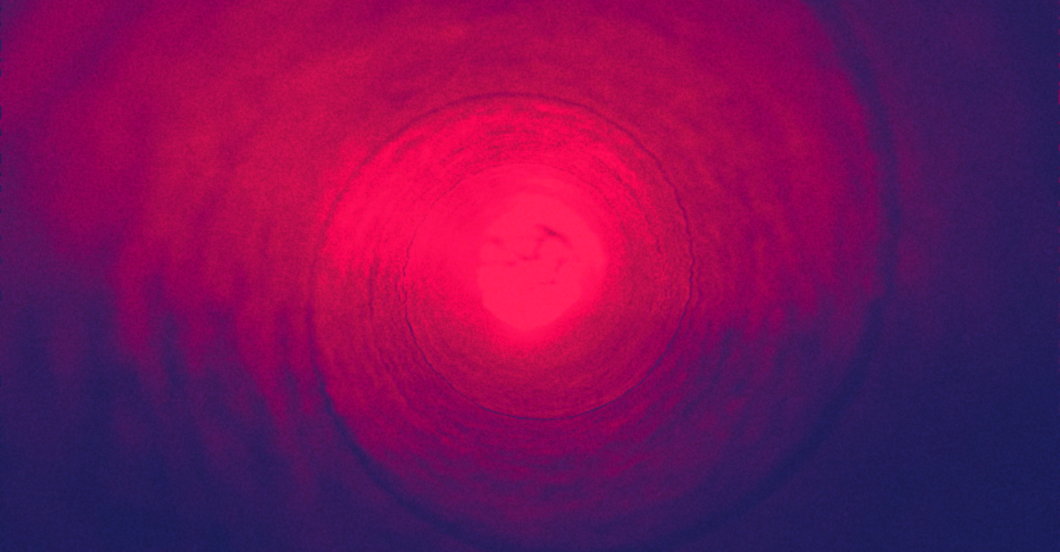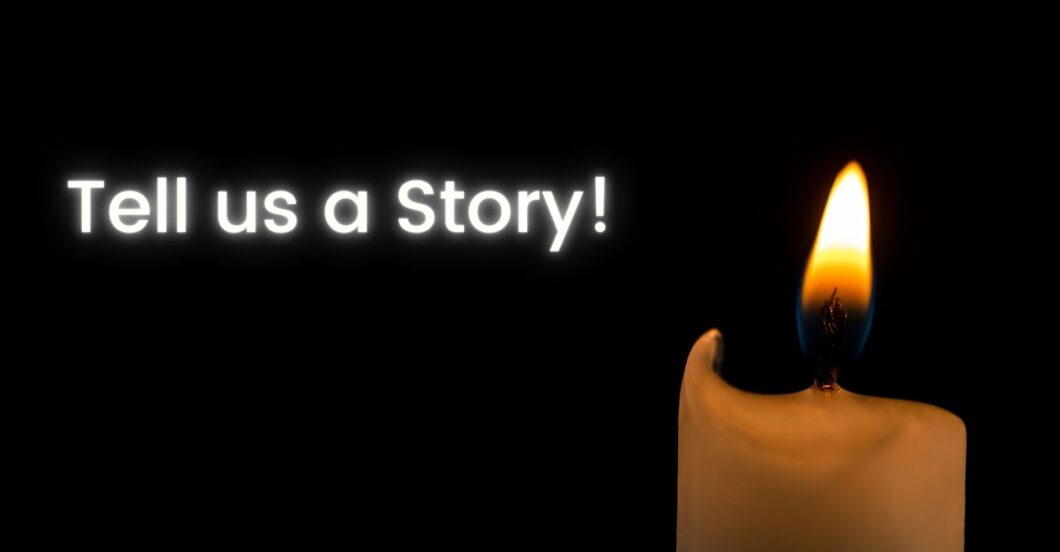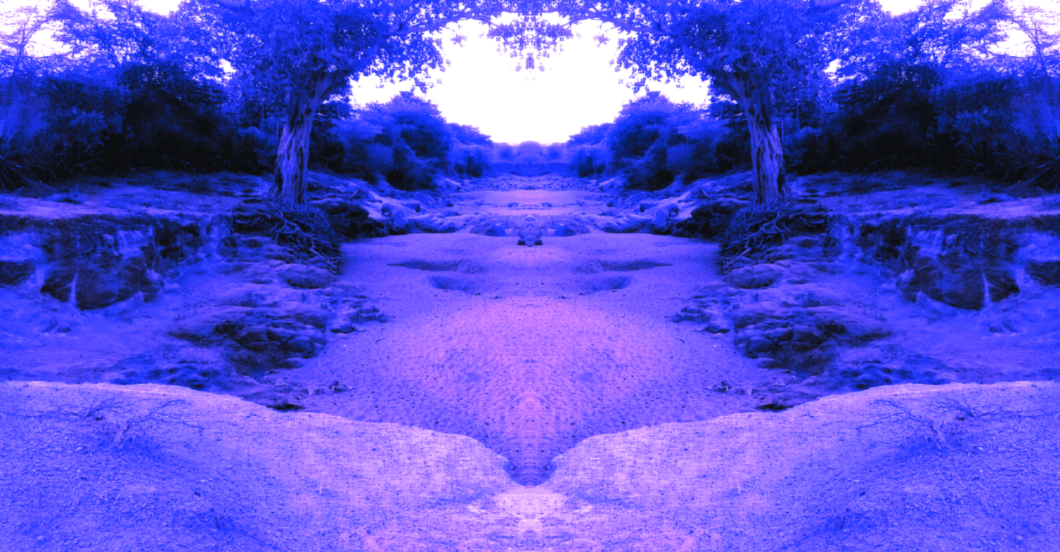i’m a different woman in every room in the kitchen efficient operative as forkquiet in the bedroom tiptoe to avoid discourse the weight of telling youeverything is fine nothing happened in the bathroom confessional thoughts bendinto curve hungry as the dip that concludes my spine the volume of forward ofwoman who stays in the nursery nostalgic i summon the past …
Christmas Twenty Ten, California
for Louis burrito by starlight, red and green Cholulain the beard. Stuffed to our socks, let us dub this the first formal ritual to the pagangods of guac and fries, carne asada, jalapeño hit the tongue, the joint, tie-dye breaks, the jettywater moonset pacific. Recollecting yule tides, re-collecting gifts that we’ve been given,moments that always felt like ours to keep. Digging toes deeper into this…
The Story of the Bee
It was summer and everything had fallen apart. But I’d not yet lost hope. It was one of those descents where you feel free almost, so long as you can sense some light somewhere to fall toward. Yoon and I had divorced on account of irreconcilable differences. It wasn’t that I’d been diagnosed as autistic. It was that I was diagnosed and thought differently about…
Call for Submissions: Fiction
The nights are growing longer, there’s a hint of snow in the air, and we’re eager to read just a few more of your stories before we rest our heads. Starting Monday, 12/20/21, we’re accepting Fiction submissions for 48 hours! There’s no theme to follow this time, just send us your best fiction under 5,000 words. Submissions will open at 12 a.m. PST on December…
“Plume” and “Silence is the Blower of the Glass”
Plume I lost the feather I found that day, off-trail and alone in winter woods, when, for the first time since her death, I wanted to believe the pieces of my life could snap…





